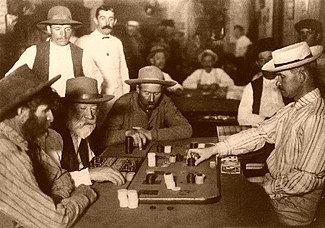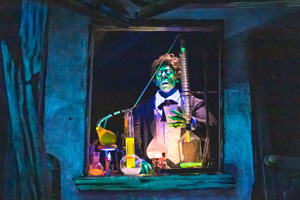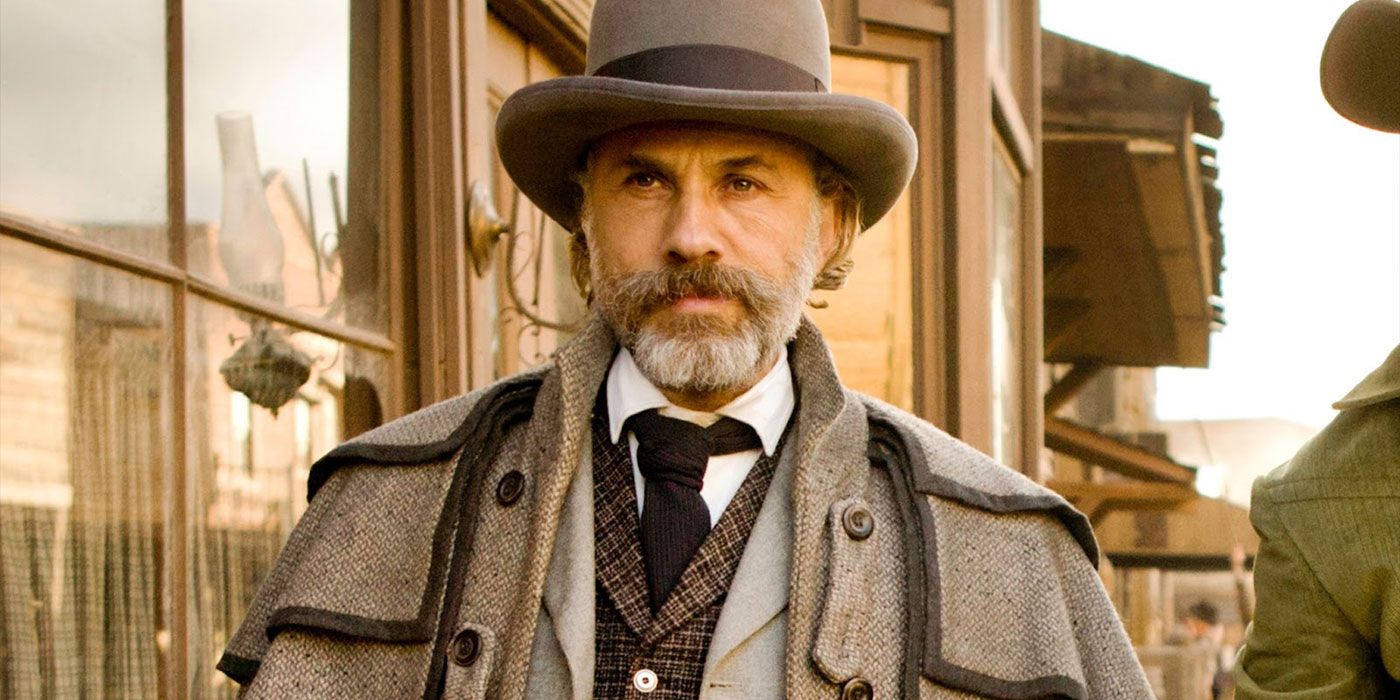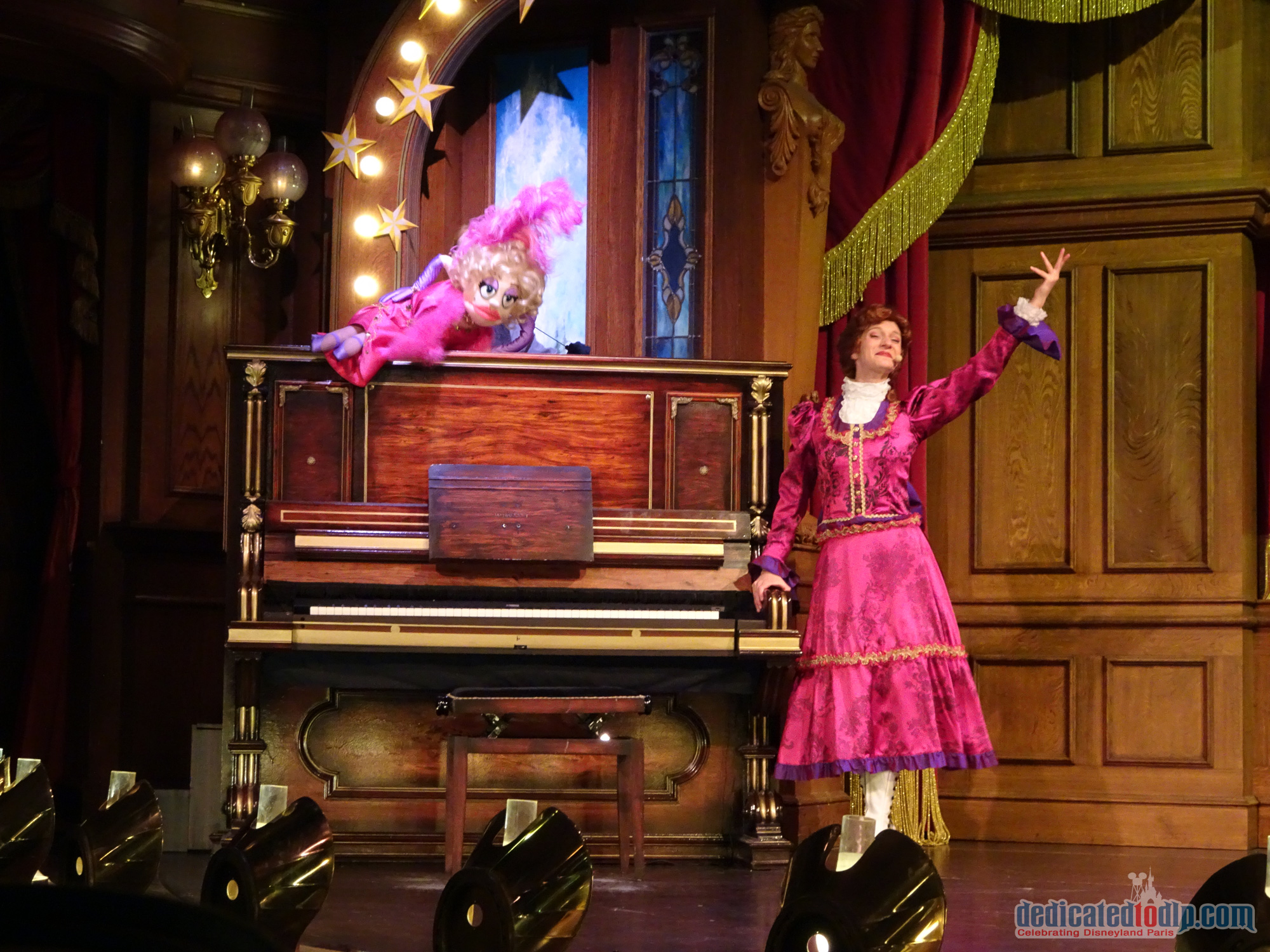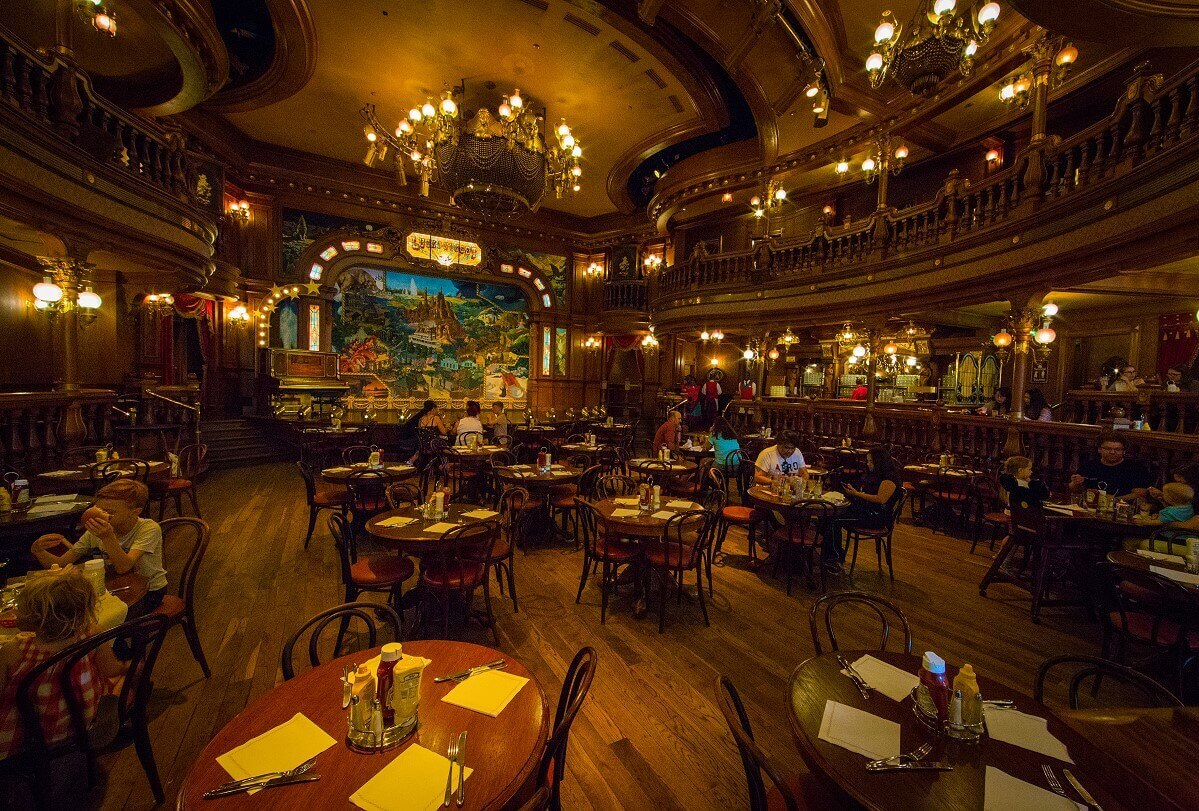Welcome, curious friends…
Every town has its secrets. Every street, every corner, every house. All houses experience death, but that does not mean that those who lived there ever truly leave.
The old Ravenswood Manor, in the township of Thunder Mesa, has a dark, eerie past; a tragic tale of romance, obsession, murder, and a terrible curse that cast a dark cloud over the town.
In the golden era of cowboys, frontiersman, outlaws, and the gold rush, the Ravenswood family had become well known in the west, their old home still standing on a hill overlooking the abandoned town. Our story is of a young bride, longing for her missing groom to home to wed her, and a malevolent phantom who robbed her of her happiness, dark and powerful in his menace.
Though the manor’s garden has overgrown, and its white walls have rotted over time, some say that the bride is still in the house, never taking off her wedding dress, or discarding her bouquet, in the hope that her groom comes for her.
Once thing is certain – beauty once lived in this house, and may still…
This is a project I've been writing for longer than I can remember. Phantom Manor is very dear to my heart, its delightfully spooky story and tragic, haunting atmosphere being an integral part of Disneyland Paris. This is my own take on how the story and history of Ravenswood Manor, Melanie, The Phantom, and Thunder Mesa played out. This has been an absolute joy to create, though I made revisions to tone down more darker or grizzly parts to suit this forum's standards. Anyway, I hope you have fun reading it as much as I had writing it.
 Long before Thunder Mesa was founded and gold was found beneath Big Thunder Mountain, the land was owned by the local Shoshone tribe. For generations, the tribe has lived within the vicinity of the mountain in peace.
Long before Thunder Mesa was founded and gold was found beneath Big Thunder Mountain, the land was owned by the local Shoshone tribe. For generations, the tribe has lived within the vicinity of the mountain in peace.
It was said that the legendary Thunderbird lived either within, beneath, or atop Big Thunder, slumbering for the longest time, but could bring about great storms and earthquakes if enraged. Beneath the mountain was a valuable treasure, and anyone who tried to steal it, or disturbed the Thunderbird’s sleep would be cursed to suffer a terrible fate. The Shoshone people did not venture to Big Thunder, steering clear of it if out in their canoes. If an earthquake or a thunderstorm did occur, the people would simply leave the area until the danger had passed.
Years later, pilgrims found Thunder Mesa. Some travellers befriended the Shoshone, others traded with them, or would fall into conflict with them. But, none of the travellers and pilgrims settled on the land, perhaps out of respect for the locals, or out of fear for their tales of the mountain. That all changed when a young man on horseback wandered over the hill and stumbled across the mesa, finding its beautiful blue river, local geysers, and ominous mountain, finding the place mysterious, adventurous…and profitable.

Rodney Burke was a man in debt. From Boston to Philadelphia, Burke had taken his gambling addiction with him. He didn’t just gamble at card games, but just about everything else. Jobs, women, businesses, horses, chickens, shady deals, you name it, Burke had likely done it. His hands were in many pockets, and though he had his charm, a slick tongue, and could likely talk his way out of a standoff, Rodney Burke was cursed with rotten luck. Everything he did seemed to backfire or come back to haunt him, and he lost money quicker than a cut can bleed.
His habit of betting and gambling on bad decisions or dodgy deals cost Burke a lot. And before anyone could find any hide or hair of him, Rodney Burke would be out of town and hitting the road. But, he couldn’t run forever. Sooner or later, some man with a warrant or a price would find him, carrying a bullet or a hangman’s noose with his name on it. He knew he had to make up for his losses, and find something extraordinary that would grant him a new lease on life.
All that glitters is gold, and gold was a pretty good way to get rich quick. Burke had heard of great treasures and gold being found in the west. Like any good man seeking riches, Rodney Burke headed westward bound to new frontiers.
It was on a horse named Cecil, which he had stolen from a drunken vagrant, that Burke came across Big Thunder Mountain. He had rumours of a vast treasure beneath the mountain, and by befriending the Shoshone natives, he was able to enter the mountain’s vast caverns and stole a large chunk of gold, big enough to clear his debts.
Burke would successfully escape with his large golden nugget, but a holy man named Blue Hawk warned him that he had been cursed by the Thunderbird. His destiny and that of his stolen nugget were intertwined with Big Thunder, and both, together or alone, would find their way back to the river. He was warned that the thunderous stampede of a thousand bulls would signal his death. Burke ignored these warnings, fleeing the land to what he presumed would be a wealthy life.

Burke used the nugget to clear his debts and make himself a little rich. He toured the States, developing a successful business as a stagecoach salesman. He would spend several years in Louisiana, but would misplace the last remaining chunk of his golden nugget. It would go from person to person, and wind up in the hands of a young showgirl and would make its return to the valley of Big Thunder years later, just as fate foretold.
And, so would Burke…
Many people asked him where he found the nugget, but Burke claimed he found in all sorts of places: On a riverbank somewhere in Mississippi, or found by chance after escaping a hungry bear, or even was given to him by some natives out of friendship. Of course, Burke’s slick tongue didn’t always work. Once when drunk, he informed a group of prospectors the truth about where he found his nugget, right down to its location. Needless to say, Burke’s hangover was one full of dread.
After many days and nights of travel, and just as many trying to avoid the destination, Rodney Burke and the pilgrims travelled up a steep hill and came across the familiar sight of Big Thunder. Almost as if sensing his return, dark, thundering clouds rolled across the sky, looming overhead. A great rumbling clap could be heard. Burke watched the sky in terror as the clouds took on the shape of a stampede of bulls racing towards him. In a flash of light, an ungodly blast of lighting pierced the clouds and struck Rodney Burke dead on his horse. Cecil survived, but took off to parts unknown.
Despite Burke’s sudden death, he was buried in what would become Boot Hill, in the first of many graves to be filled. The pilgrims were entranced by the beauty of the river and its surrounding mountainous landscape. The prospect of finding gold drew the men and women to set up camp in the area. This camp eventually grew into a small town, drawing others seeking fresh starts, new lives, and gold. The Shoshone natives once again warned them not to disturb Big Thunder itself or awaken the Thunderbird. At first, people agreed, but the lure of riches soon drove away their promises.

Thus, the town of Thunder Mesa was founded on April 12th, 1823. At first, it was just a small outpost, living in relative peace with the Shoshone tribe. But greed would soon consume the minds of the people, who would battle and chase the natives away to plunder their sacred mountain. And whilst Thunder Mesa would prosper through the success of its gold rush in the years to come, death lingered over the frontier town, said to be the curse of the Thunderbird.
Thunder Mesa was small at first, made up of the original settlers, but more travellers and frontiersman came over time. It would truly flourish when the Ravenswood family arrived, bringing with them good fortune, and eventual tragedy.
Every town has its secrets. Every street, every corner, every house. All houses experience death, but that does not mean that those who lived there ever truly leave.
The old Ravenswood Manor, in the township of Thunder Mesa, has a dark, eerie past; a tragic tale of romance, obsession, murder, and a terrible curse that cast a dark cloud over the town.
In the golden era of cowboys, frontiersman, outlaws, and the gold rush, the Ravenswood family had become well known in the west, their old home still standing on a hill overlooking the abandoned town. Our story is of a young bride, longing for her missing groom to home to wed her, and a malevolent phantom who robbed her of her happiness, dark and powerful in his menace.
Though the manor’s garden has overgrown, and its white walls have rotted over time, some say that the bride is still in the house, never taking off her wedding dress, or discarding her bouquet, in the hope that her groom comes for her.
Once thing is certain – beauty once lived in this house, and may still…
This is the tale of Phantom Manor.

This is a project I've been writing for longer than I can remember. Phantom Manor is very dear to my heart, its delightfully spooky story and tragic, haunting atmosphere being an integral part of Disneyland Paris. This is my own take on how the story and history of Ravenswood Manor, Melanie, The Phantom, and Thunder Mesa played out. This has been an absolute joy to create, though I made revisions to tone down more darker or grizzly parts to suit this forum's standards. Anyway, I hope you have fun reading it as much as I had writing it.
CHAPTER ONE: THE LEGEND OF THE THUNDERBIRD
It was said that the legendary Thunderbird lived either within, beneath, or atop Big Thunder, slumbering for the longest time, but could bring about great storms and earthquakes if enraged. Beneath the mountain was a valuable treasure, and anyone who tried to steal it, or disturbed the Thunderbird’s sleep would be cursed to suffer a terrible fate. The Shoshone people did not venture to Big Thunder, steering clear of it if out in their canoes. If an earthquake or a thunderstorm did occur, the people would simply leave the area until the danger had passed.
Years later, pilgrims found Thunder Mesa. Some travellers befriended the Shoshone, others traded with them, or would fall into conflict with them. But, none of the travellers and pilgrims settled on the land, perhaps out of respect for the locals, or out of fear for their tales of the mountain. That all changed when a young man on horseback wandered over the hill and stumbled across the mesa, finding its beautiful blue river, local geysers, and ominous mountain, finding the place mysterious, adventurous…and profitable.
Rodney Burke was a man in debt. From Boston to Philadelphia, Burke had taken his gambling addiction with him. He didn’t just gamble at card games, but just about everything else. Jobs, women, businesses, horses, chickens, shady deals, you name it, Burke had likely done it. His hands were in many pockets, and though he had his charm, a slick tongue, and could likely talk his way out of a standoff, Rodney Burke was cursed with rotten luck. Everything he did seemed to backfire or come back to haunt him, and he lost money quicker than a cut can bleed.
His habit of betting and gambling on bad decisions or dodgy deals cost Burke a lot. And before anyone could find any hide or hair of him, Rodney Burke would be out of town and hitting the road. But, he couldn’t run forever. Sooner or later, some man with a warrant or a price would find him, carrying a bullet or a hangman’s noose with his name on it. He knew he had to make up for his losses, and find something extraordinary that would grant him a new lease on life.
All that glitters is gold, and gold was a pretty good way to get rich quick. Burke had heard of great treasures and gold being found in the west. Like any good man seeking riches, Rodney Burke headed westward bound to new frontiers.
It was on a horse named Cecil, which he had stolen from a drunken vagrant, that Burke came across Big Thunder Mountain. He had rumours of a vast treasure beneath the mountain, and by befriending the Shoshone natives, he was able to enter the mountain’s vast caverns and stole a large chunk of gold, big enough to clear his debts.
Burke would successfully escape with his large golden nugget, but a holy man named Blue Hawk warned him that he had been cursed by the Thunderbird. His destiny and that of his stolen nugget were intertwined with Big Thunder, and both, together or alone, would find their way back to the river. He was warned that the thunderous stampede of a thousand bulls would signal his death. Burke ignored these warnings, fleeing the land to what he presumed would be a wealthy life.
Burke used the nugget to clear his debts and make himself a little rich. He toured the States, developing a successful business as a stagecoach salesman. He would spend several years in Louisiana, but would misplace the last remaining chunk of his golden nugget. It would go from person to person, and wind up in the hands of a young showgirl and would make its return to the valley of Big Thunder years later, just as fate foretold.
And, so would Burke…
Many people asked him where he found the nugget, but Burke claimed he found in all sorts of places: On a riverbank somewhere in Mississippi, or found by chance after escaping a hungry bear, or even was given to him by some natives out of friendship. Of course, Burke’s slick tongue didn’t always work. Once when drunk, he informed a group of prospectors the truth about where he found his nugget, right down to its location. Needless to say, Burke’s hangover was one full of dread.
After many days and nights of travel, and just as many trying to avoid the destination, Rodney Burke and the pilgrims travelled up a steep hill and came across the familiar sight of Big Thunder. Almost as if sensing his return, dark, thundering clouds rolled across the sky, looming overhead. A great rumbling clap could be heard. Burke watched the sky in terror as the clouds took on the shape of a stampede of bulls racing towards him. In a flash of light, an ungodly blast of lighting pierced the clouds and struck Rodney Burke dead on his horse. Cecil survived, but took off to parts unknown.
Despite Burke’s sudden death, he was buried in what would become Boot Hill, in the first of many graves to be filled. The pilgrims were entranced by the beauty of the river and its surrounding mountainous landscape. The prospect of finding gold drew the men and women to set up camp in the area. This camp eventually grew into a small town, drawing others seeking fresh starts, new lives, and gold. The Shoshone natives once again warned them not to disturb Big Thunder itself or awaken the Thunderbird. At first, people agreed, but the lure of riches soon drove away their promises.
Thus, the town of Thunder Mesa was founded on April 12th, 1823. At first, it was just a small outpost, living in relative peace with the Shoshone tribe. But greed would soon consume the minds of the people, who would battle and chase the natives away to plunder their sacred mountain. And whilst Thunder Mesa would prosper through the success of its gold rush in the years to come, death lingered over the frontier town, said to be the curse of the Thunderbird.
Thunder Mesa was small at first, made up of the original settlers, but more travellers and frontiersman came over time. It would truly flourish when the Ravenswood family arrived, bringing with them good fortune, and eventual tragedy.
Last edited:




